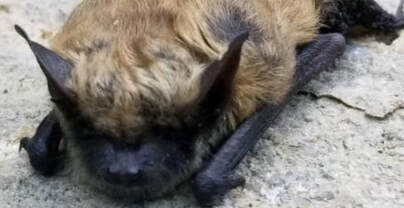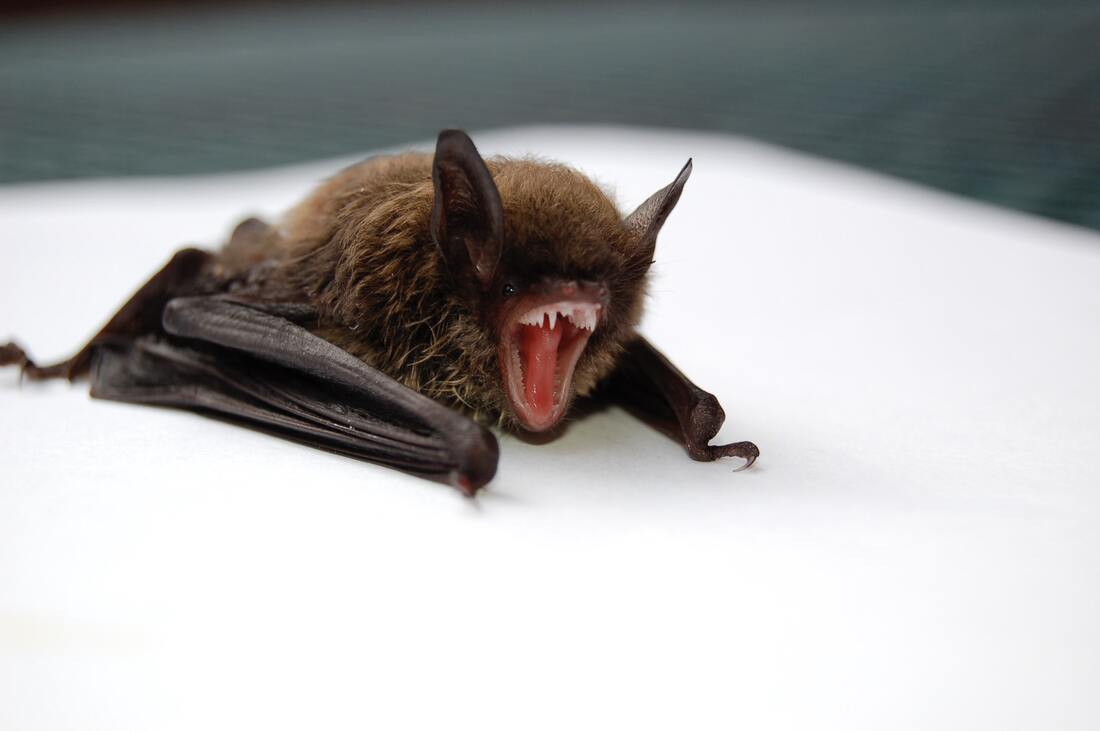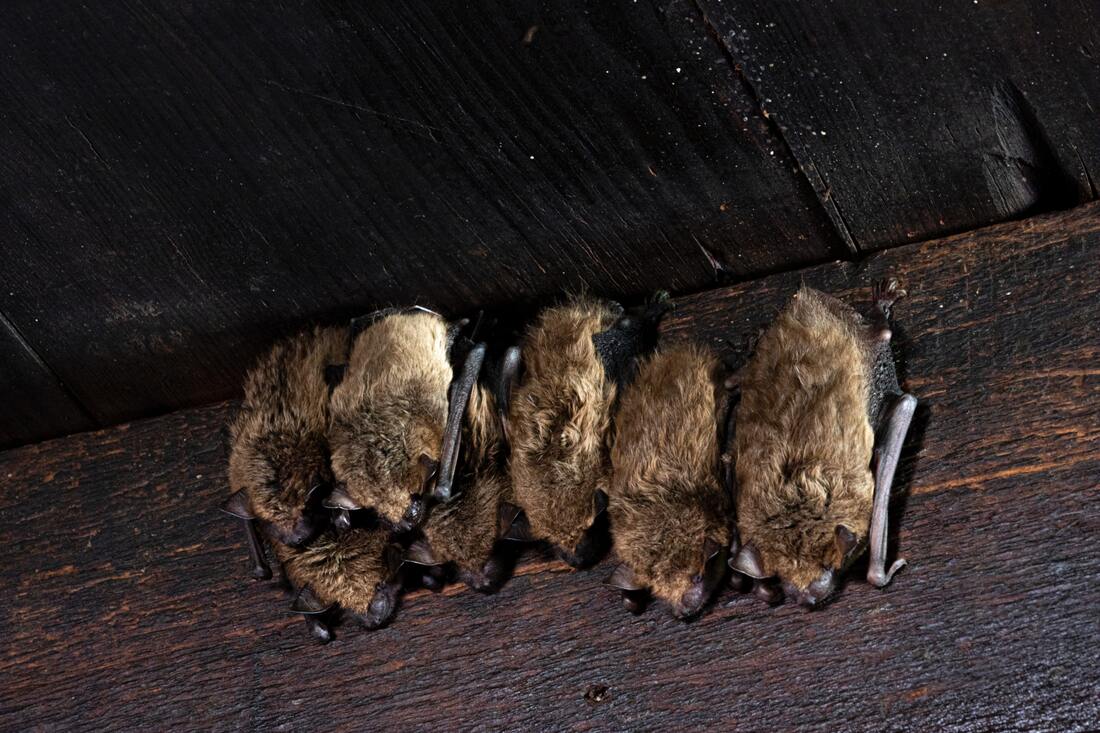|
Fall is here and with it comes Halloween decorations—bats being a common sight! Bats have a spooky and somewhat sinister reputation, but they play critical roles within our economies and our ecosystems. Bats are from the order Chiroptera, stemming from Greek origin meaning “hand-wing” to describe the mammal’s wings. Chiroptera has two suborders: the Megabats (Megachiroptera) and the Microbats (Microchiropetera). Megabats consist of a single family: the flying foxes and their fruit and flower-eating relatives. The megabats live in the tropics. Meanwhile, the microbats are composed of the rest of the 17 bat families. Unlike their megabat cousins, microbats dine on insects. Bats’ social structures are very fascinating as most live in large groups called colonies which can reach to over a million bats. Bats are the only mammals that fly. Many use echolocation, a method of making sounds that bounce back from objects to help with navigation and hunting. Bats tend to fly under the radar since they are creatures of the night, and in most cases provide many benefits:
The need to protect these creatures is more evident than ever. There are lots of threats that bats face, including disease, windmill turbines, roost destruction, habitat loss, and changes in climate. In the United States and Canada, white-nose syndrome (WNS) is impacting bats. WNS is a disease that affects hibernating bats and is caused by a fungus (Pseudogymnoascus destructans). The disease causes bats to become more active during hibernation and burn up the fat they need to survive the winter. Researchers think that WNS has been in North America since 2006.
What can you do to learn more? Come join Warren County Soil and Water Conservation District for a bat walk program on October 25, 2022 from 8PM-9PM at Miller Ecological Park (755 Miller Road, Lebanon, OH 45036). Learn about bat biology and conservation while dispelling myths of this beautiful creature! Then take a quiet guided walk through the park to see the bat houses and watch for any bat activity. This program is free but registration at warrenswcd.com is encouraged. For more information regarding bats, Warren County Soil and Water Conservation District programs, and/or technical assistance on water or soil questions, call our offices at 513-695-1337. Additional Resources: North American Bat Monitoring Program - https://www.nabatmonitoring.org/ White Nose Syndrome Response Team - https://www.whitenosesyndrome.org/ Smithsonian Bat Facts - https://www.si.edu/spotlight/bats/batfacts Celebrating the Special Powers of Bats - https://www.usda.gov/media/blog/2021/10/27/celebrating-special-powers-bats Ohio Bat Working Group – https://u.osu.edu/obwg/
0 Comments
Leave a Reply. |
Details
Warren County SWCD Staff BlogA blog to keep you informed on all the latest news at Warren County SWCD and in the conservation world. Archives
May 2024
Categories
All
|
|
|
Contact:PHONE: (513) 695 - 1337
EMAIL: [email protected] HOURS: Monday - Friday 7:30am - 4:00pm (except holidays) Connect:Warren County Soil & Water Conservation District Copyright © 2016
Warren SWCD Privacy Notice. Emails are serviced by Constant Contact. Constant Contact's Privacy Notice. |



